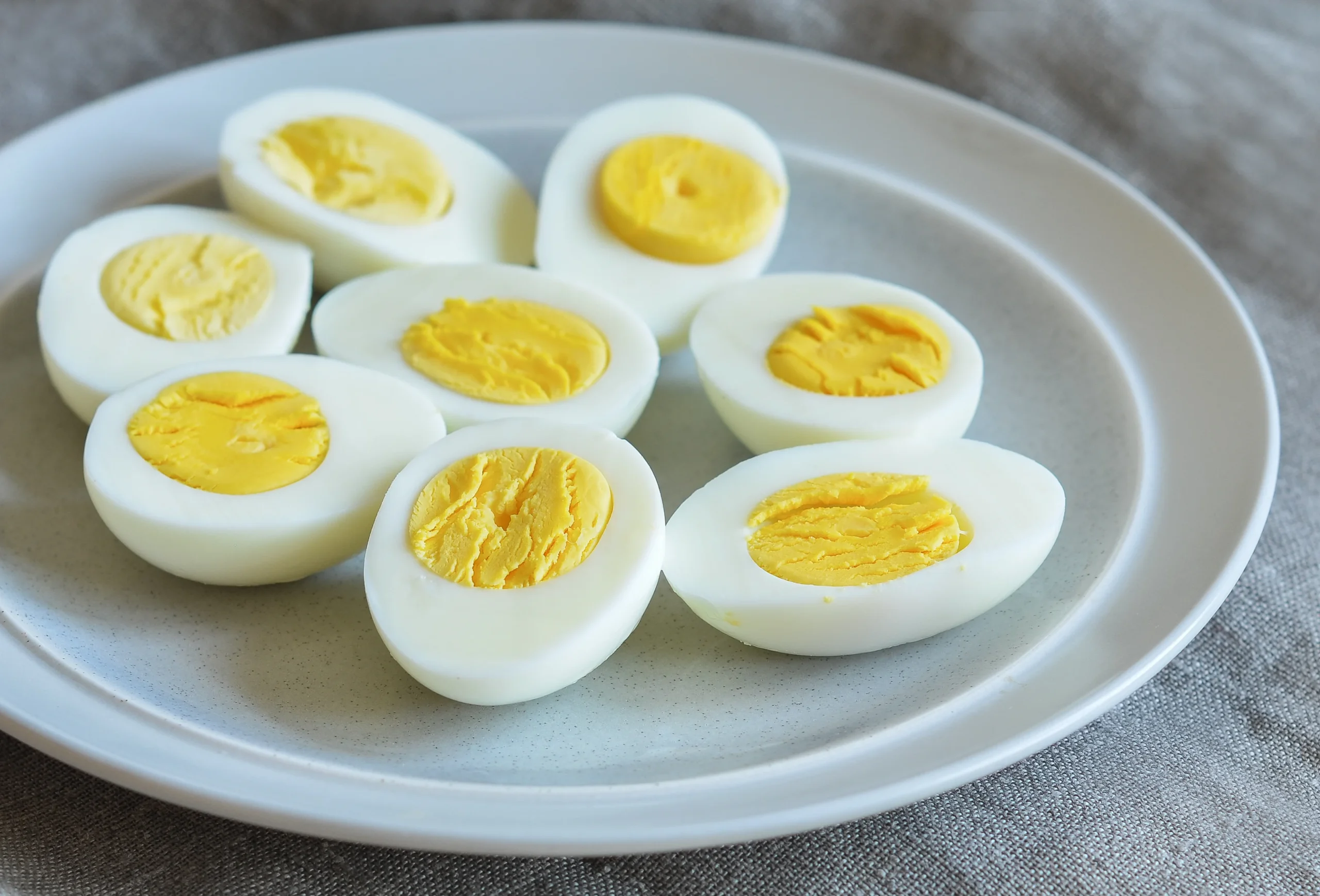Boiled eggs are an excellent addition to a balanced diet, providing a wealth of essential nutrients. One large boiled egg contains approximately 72 calories, 6-7 grams of protein, and 5 grams of fat, with only 1.5 grams of saturated fat.

Eggs are also a rich source of vitamins and minerals, including vitamin A, B vitamins, riboflavin, folate, iron, and zinc.
Key Nutrients in Boiled Eggs
– *Protein*: Boiled eggs are an excellent source of lean protein, containing about 6-7 grams per large egg. This is essential for muscle growth and recovery.
– *Choline*: Eggs are one of the best sources of choline, a mineral crucial for brain development, memory, and cognitive function in older adults. Choline also supports muscular contractions during pregnancy.
– *Vitamins and Minerals*: Eggs are a good source of various vitamins and minerals, including vitamin A, B vitamins, riboflavin, folate, iron, and zinc.
– *Antioxidants*: Eggs contain antioxidants like lutein and zeaxanthin, which help protect eye health and reduce the risk of age-related macular degeneration ¹.
Health Benefits of Boiled Eggs
– *Weight Loss*: Boiled eggs are low in calories and high in protein, making them an excellent snack for weight loss.
– *Prenatal Bone Strength*: The protein and vitamin D in boiled eggs support prenatal development, promoting strong bones and teeth in babies.
– *Eye Protection*: The antioxidants in eggs help maintain eye health and reduce the risk of age-related macular degeneration.
– *Increased Mental Energy*: The combination of protein and choline in boiled eggs supports brain function and mental energy.
How Many Eggs Can You Eat?
– *Healthy Adults*: One to two boiled eggs per day is perfectly fine for most people, as part of a balanced diet.
– *High Cholesterol*: If you have high cholesterol, it’s recommended to limit your egg intake to 3-4 eggs per week. However, recent research suggests that dietary cholesterol may not be as strongly linked to blood cholesterol levels as previously thought.
Tips for Incorporating Boiled Eggs into Your Diet
– *Diversify Your Protein Sources*: Mix boiled eggs with other lean protein sources, such as lean meats, poultry, and plant-based options like steel-cut oats, legumes, seeds, lentils, and tofu.
– *Balance Your Diet*: Ensure you’re eating a wide variety of fruits, vegetables, whole grains, dairy or soy products, and healthy oils.
– *Be Mindful of Saturated Fat*: If you have high cholesterol, focus on limiting saturated fat intake from other sources, rather than completely avoiding boiled eggs
